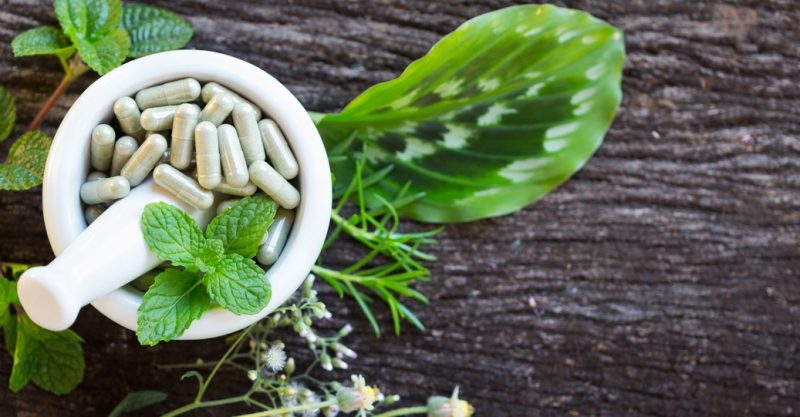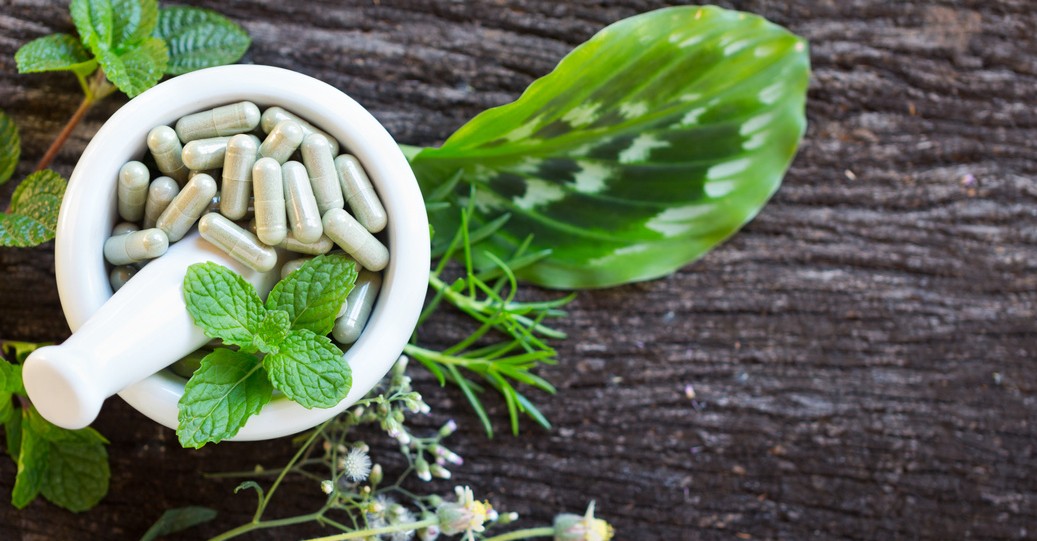
This site
is mobile
responsive

Introduction
The term ‘nutraceutical’ has been defined in various ways across the world. Nutraceutical is also known as medical foods, designer foods, phytochemicals, functional foods, and nutritional supplements. However, its general definition was coined by Stephen De Felice, founder and chairman of the Foundation for Innovation in Medicine which describes nutraceutical as a “food, or parts of a food, that provide medical or health benefits, including the prevention and treatment of disease.”
Majority of the latest nutraceutical products that are used to treat various diseases are composed of nature, particularly plants. As plants produce secondary compounds such as alkaloids to protect themselves from infection, this component can also be useful in the treatment of human infection.
Herbal Industry in Malaysia
In Malaysia, ethnic diversity with its traditional medicine practices has been instrumental in nutraceutical development. There are six major forms of traditional medicines practised in the country, namely traditional Malay, Chinese and Indian medicines, Islamic medical practice, homeopathy as well as chiropractic and osteopathy treatments. Ancestors of modern practitioners introduced these practices, as early as six centuries ago.
The country also boasts of rich biodiversity and is home to some of the world’s oldest rainforests, making it a treasure throve of more than 2,000 plants with potential medicinal value. This sheer abundance of raw materials gives Malaysia a competitive edge against global counterparts in the development of nutraceutical.
Nutraceutical products are closely related to the herbal industry, which has been identified as a new source of economic growth in 2011 under the agriculture New Key Economic Areas (NKEA). With potential GDP contributions of ranging from RM19 billion to RM28 billion by 2027, the industry offers exciting opportunities for the country. This is illustrated by the increase in natural products registration. According to the National Pharmaceutical Regulatory Agency (NPRA), more than 50 per cent of the total products registered in 2019 were natural products equivalent to 12,139 units.
The pharmaceutical industry in Malaysia has also increased its focus towards the production of herbal products such as nutraceutical, health supplements and traditional medicines. The rising cost of modern healthcare has also increased the appeal of the herbal industry as a substitute for conventional health treatments. According to the Overview of the National Traditional and Complementary Medicine (T&CM) Blueprint (2018-2027), this could potentially reduce healthcare costs by RM13 billion by 2027.
China is a prime example to better understand the magnitude of the industry’s market potential. The nutritional supplement market in China is expected to reach US$40 billion by 2023 growing at a compound annual growth rate (CAGR) of 14 per cent. China may be able to overtake the USA as the most significant nutritional supplement market in the world. Increasing health-conscious behaviour, rising incidence of lifestyle diseases, the country’s growing per capita GDP, shifting trend towards preventive healthcare, use of botanicals due to their medicinal benefits and growth in e-commerce have contributed to the demand for nutritional products.
Supportive Policies and Strategies
To encourage further interest of stakeholders and drive more R&D within the local herbal industry, several policies and strategies have been established to support the national herbal industry. These strategies include the First and Third Industrial Master Plans, First and Second Agricultural Policy and the National Agro-Food Policy (NAP), Science and Technology Policy, National Biodiversity Policy, Traditional Medicine and Complementary Policy, and National Key Economic Areas (NKEA).
The Ministry of Agriculture and Food Industry (MAFI) has appointed several potential companies to undertake high-value herbal R&D and manufacturing. These include Medika Natura, Nova Laboratories, Bioalpha, Natural Wellness Biotech, Biotropics Malaysia and Tenaga Jati Bumi.
Recognising the importance of herbal the industry, Forest Research Institute Malaysia (FRIM) established the Natural Product Quality Control (NPQC) Laboratory for products quality and safety.
The laboratory has gained recognition by National Pharmaceutical Regulatory Agency (NPRA) as the panel lab for the requirement of product registration. Moreover, the introduction of Diploma in Herbal Production by the Universiti Teknologi MARA further credited the importance of the herbal industry to having expert accreditation.
Supplementary to this, herbal products with therapeutic and/or clinical claims need to be regulated. Therefore, the NPRA has been mandated to guarantee that the therapeutic substances and cosmetic products approved for Malaysian market are safe, effective and of quality. Effective 18 June 2020, herbal products with therapeutic and/or clinical claims are regulated under the Guidelines on Natural Products with Therapeutic Claims. Based on research and clinical data, these products are required to be registered with additional documentation such as administrative data and product information, to support product quality, safety and efficacy via non-clinical and clinical documents.
Looking Ahead
The herbal industry in Malaysia has developed from a reliance on traditional applications to the development of higher-value products. According to the study by Boston Consulting Group (BCG) on Realising the T&CM Potential in Malaysia, two niche segments have been identified, which are Halal herbal products and Malay medicine-based products.
Malaysia has the competitive advantage in the global market due to the country’s ability to position itself as the leading halal certifier for halal products in food, cosmetics and pharmaceutical and the uniqueness of indigenous herbs available for the production of Malaysia-owned IP end-products.
With the recent regulatory development on herbal products, T&CM companies are also now able to register the herbal products with high claims by providing supporting additional documentation and R&D requirements. Additionally, given the progressive development of the herbal industry in Malaysia, it is hoped that medical care facilities could study the use of herbal products as an alternative to conventional health treatment.
Ultimately, Malaysia can become the key global supplier of high-quality indigenous herbs to major T&CM markets in Asia by focusing on producing and cultivating herbs that are of high quality and in-demand. With continuous efforts from public and private sectors, the industry can progress towards sustainable and profitable development.